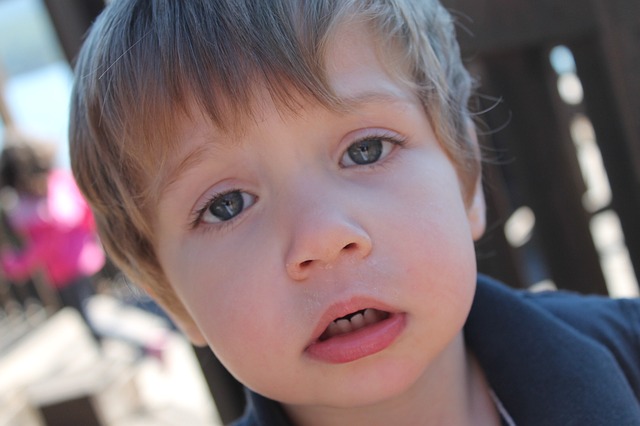Terry Real, in his podcast interview with Tami Simon of Sounds True, introduced the concept of “relational mindfulness”. He described this as a skill that we can develop through meditation and reflection. It entails being able to be in-the-moment in your interactions within your close relationships and to respond from your “adult prefrontal cortex”, while being conscious of the potential, automatic and harmful response of your wounded child.
Relational mindfulness requires recognising that your close relationship is your “biosphere” – it is integral to your ecology. Terry suggests that “thinking relationally is synonymous with thinking ecologically”. This, in turn, requires humility – recognition of the mutuality of the relationship, moving beyond the hurt of your wounded child and acknowledging your mistakes and the hurt of the other person. It also entails being conscious enough to avoid triggering a negative response from the wounded child of the other person in the relationship.
It takes a lot of self-monitoring and self-management developed through meditation and reflection to achieve the requisite humility. If you can develop self-regulation, you are better able to access your considered, adult response rather than be at the mercy of your compulsive wounded child.
Taking a break to recover and commit to the welfare of the relationship
If, however, despite your best efforts, you are flooded emotionally when you are triggered by the actions or words of your partner, you can withdraw from the interaction. Terry suggests that the adult, considerate way to do this is to state three things:
- your need to take a break to deal with your own emotions around the issue under discussion
- your desire to re-engage in a reasonable time, e.g. in an hour
- your willingness to think about how the needs of both of you can be met.
It is critical to see the conflicted interaction not as an opportunity to win or prove your partner wrong, but as a chance to take care of your partner (as well as gain increased self-awareness). Taking care of your partner may mean apologising (this is where humility helps) and asking what you can do to help your partner or to make good their “hurt”. Accusations targeted at the other’s wounded child only inflame the situation.
As we grow in mindfulness through meditation and reflection we can develop relational mindfulness in our everyday interactions within our close relationships. Meditation practice and reflection on our interactions will help us build a relational mindset and develop adult responses in situations that trigger our wounded child. This relational mindfulness, then, will enrich and sustain our close relationships.
By Ron Passfield – Copyright (Creative Commons license, Attribution–Non Commercial–No Derivatives)
Image source: courtesy of cocoparisienne on Pixabay
Disclosure: If you purchase a product through this site, I may earn a commission which will help to pay for the site, the associated Meetup group and the resources to support the blog.






